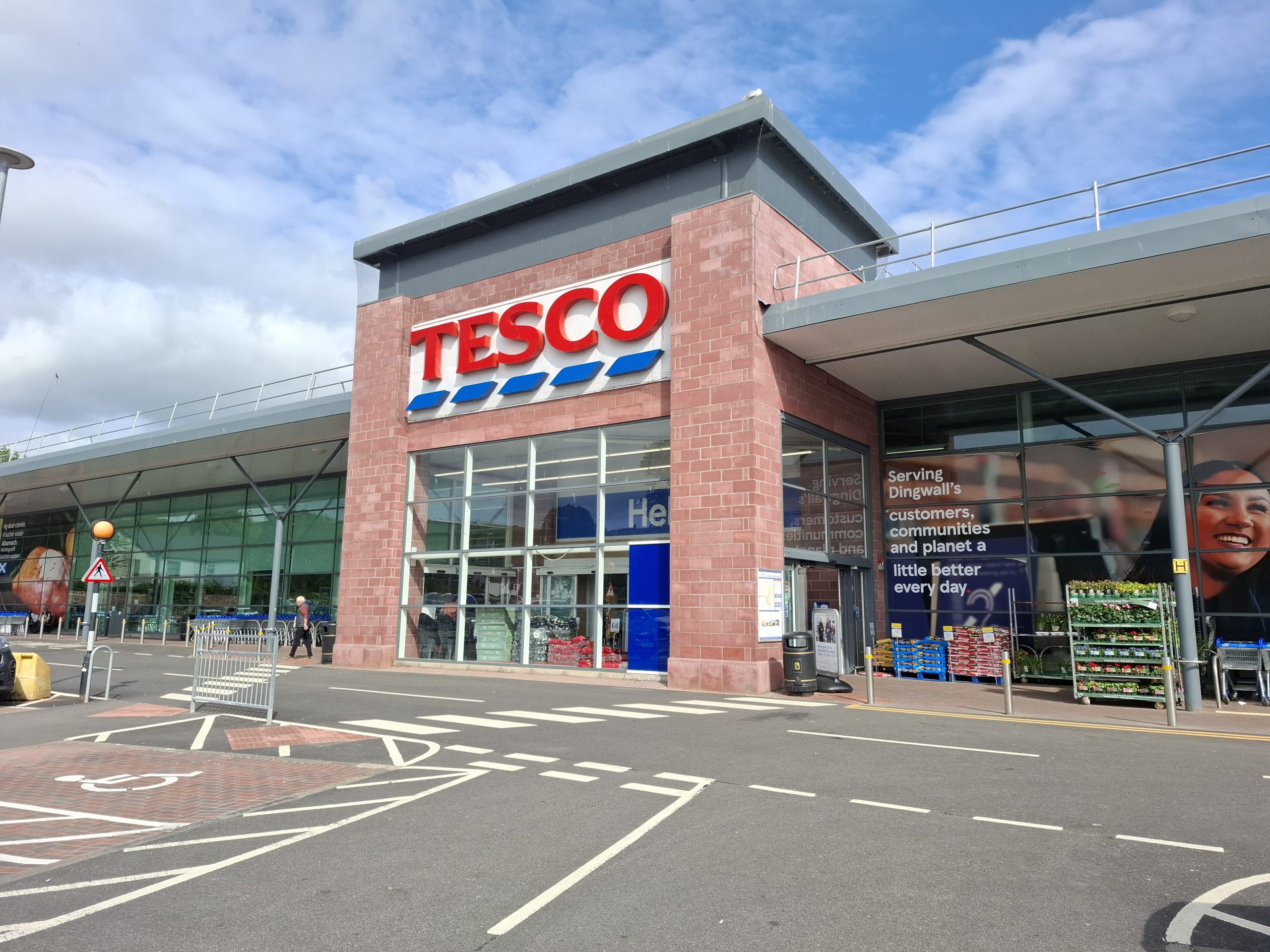Overview
RMS was commissioned by Tesco to deliver a £4.2 million national shelving installation programme across 72 stores, assuming full responsibility for planning, execution, contractor management, and financial governance. Acting as a trusted transformation partner, RMS introduced an innovative hybrid workforce model that integrated installation and merchandising functions to deliver a more agile, efficient, and cohesive solution.
This approach, combined with proactive equipment and logistics control, enabled the programme to be completed ahead of schedule, under budget, and with measurable reductions in environmental impact. A dedicated team of Project Managers led the programme from early scoping through to site coordination and final handover, ensuring continuity, consistency, and strategic oversight throughout.
By embedding robust governance, strengthening contractor integration, and embracing sustainable reuse strategies, RMS not only enhanced delivery performance but also supported Tesco’s broader ambitions around operational efficiency and Net Zero. The outcome is a scalable, transparent, and high-impact delivery model – setting a new benchmark for retail transformation excellence.



Strategic Delivery Approach
-
Hybrid Workforce Model
A key innovation in the programme was the introduction of a Hybrid Role, merging the responsibilities of traditional installers and merchandisers into a single, versatile delivery team. This strategy enabled:
- Dual-Skilled Teams: Our retail focussed operatives were trained across disciplines, allowing for dynamic task-switching and agile response to on-site demands.
- Reduced Downtime: Fewer role-specific delays and a more cohesive working rhythm meant tighter scheduling and faster completion.
- Accelerated Rollout: RMS delivered full installations within 90% of the total planned project timeline, setting a new benchmark for project completion.
- H&S compliance: Merchandising teams trained in site safety, allowing all teams to work in the red zone.
- 40% Reduction in Lost Hours: The hybrid model mitigated idle time traditionally experienced between sequential trade activities.
-
Equipment & Logistics Control
RMS took proactive responsibility for managing the equipment supply chain and provider interface to ensure seamless logistics and cost integrity for Tesco:
- Delivery Coordination: Monitored and controlled delivery schedules to align with phased build requirements across all 72 locations.
- Kit Receipt Management: Oversee kit intake and validation at store level, reducing waste and ensuring accurate material deployment.
- Cost Transparency & Budget Protection: By owning the equipment interface, RMS ensured all materials were tracked, reconciled, and aligned to budget. This protected client spend and eliminated unexpected costs related to missing, late, or incorrect kits.
-
Environmental and Financial Optimisation
Through the strategic deployment of hybrid-skilled teams and optimised scheduling, RMS significantly reduced Scope 1 and Scope 3 emissions across the project. This reduction was driven by minimising unnecessary travel, consolidating site visits and hotels, and decreasing material waste, all of which contributed to a leaner and more environmentally responsible delivery model aligned with Net Zero ambitions.
- Equipment Supplier Reconditioning Programme: Introduced a structured process to refurbish and redeploy usable components, reducing new equipment requirements and spend.
- Reuse Strategy: Capitalised on in-store legacy equipment to avoid unnecessary new purchases.
- 20% Reduction in Metal Waste: The circular approach to material use reduced overall equipment waste.
- Contractor Efficiency: Reducing touchpoints and contractor reliance saving management cost and time within projects.
-
Governance, Risk & Contractor Integration
To ensure seamless execution across all 72 sites, RMS embedded a disciplined governance framework and took full ownership of contractor coordination, enabling proactive risk management and eliminating inefficiencies often caused by fragmented delivery models.
- End-to-End Ownership: RMS managed each site deployment from scoping to final QA, removing inefficiencies typically caused by contractor handovers.
- Collaborative Execution: Established strong relationships and workflows with installation and merchandising partners to ensure seamless integration.
- Scenario-Based Financial Planning: Devised a comprehensive worst-case scenario plan to anticipate risks, control costs, and maintain transparency.
- Under-Budget Completion: The disciplined and structured programme resulted in delivery under the original £4.2m budget.
-
Impact & Legacy
The success of this programme extended beyond its immediate objectives, leaving a lasting operational and strategic impact on Tesco’s store development approach while setting a replicable standard for future national rollouts.
- Delivered on time, under budget, and to a consistent high standard across all 72 stores.
- Embedded a hybrid delivery model that can scale to future programmes, reducing reliance on segmented labour models.
- Improved contractor cohesion and accountability.
- Provided Tesco with a robust, transparent, and sustainable installation model that aligned with both financial and environmental objectives.






Conclusion
RMS’s successful delivery of the Tesco PM & Installation programme affirms our commitment to leading the retail transformation journey. It demonstrates the power of integrated thinking, innovation, and aligned values, making this not just a project, but a template for the future of retail delivery.

“What we achieved here goes beyond the deliverables. We’ve proven that retail transformation can be smarter, faster, more sustainable, and ultimately, more human.”
Daniel O’Toole, CEO, RMS
